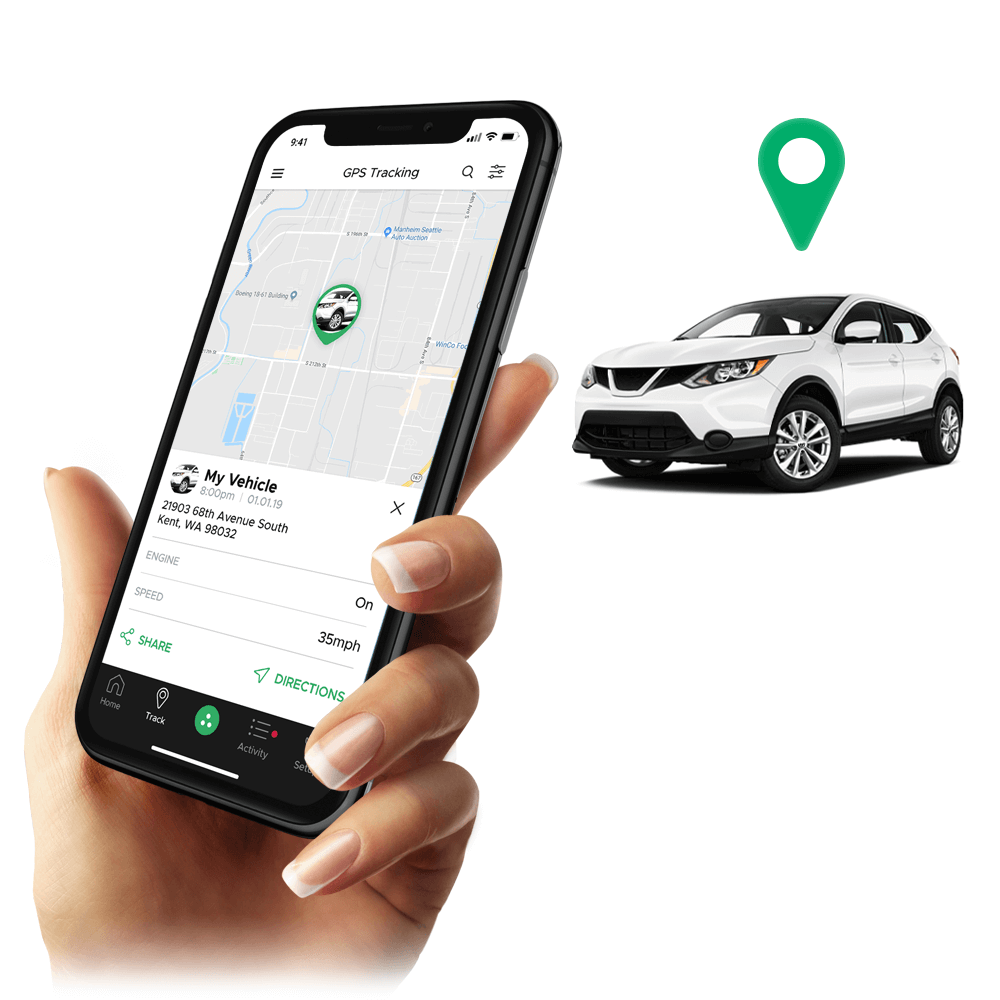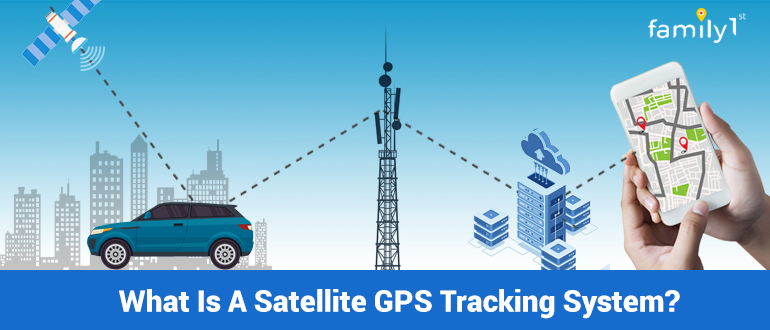How GPS Tracking Can Improve Your Business Operations
How GPS Tracking Can Improve Your Business Operations
Blog Article
Browsing the Future of GPS Tracking: Technologies, Challenges, and Opportunities Ahead
As we stand at the crossroads of technical advancements and social implications, the landscape of general practitioner monitoring is positioned for a transformative trip in advance. The advancement of GPS technology has been fast, ushering in a new era of real-time monitoring abilities that assure unmatched levels of precision and effectiveness. With excellent technology comes wonderful duty, as data privacy worries loom big and safety and security obstacles in GPS tracking raise significant inquiries regarding safeguarding sensitive details. Yet, among these obstacles lie hidden opportunities waiting to be explored, using a peek right into the untapped capacity of a sector at the verge of adjustment.
Development of GPS Innovation
Established for military purposes, General practitioner technology has actually progressed to come to be an ubiquitous device in different fields, including transportation, logistics, agriculture, and individual navigating. Early GPS systems were characterized by restricted coverage, reduced precision, and bulkier equipment demands.
One key landmark in the advancement of GPS innovation was the advancement of Selective Schedule (SA) in the 1990s, which intentionally weakened the precision of civilian GPS signals. The discontinuation of SA in 2000 significantly boosted GPS precision for civilian users. Subsequent advancements, such as the release of extra satellite constellations like Galileo and BeiDou, have actually even more boosted GPS insurance coverage and precision, making it a vital device in day-to-day life. As general practitioner technology remains to advance, we can anticipate additional renovations in insurance coverage, precision, and efficiency, opening up brand-new possibilities for development and applications across various sectors.
Real-Time Monitoring Developments
Building on the innovations in GPS innovation that have transformed precision and coverage, real-time monitoring has actually arised as a critical location of technology with profound effects across different fields. Real-time tracking advancements allow companies and services to keep track of lorries, workers, and properties instantaneously, giving beneficial understandings for decision-making procedures - gps tracking. By leveraging real-time data, firms can improve functional efficiency, enhance customer support, and make sure the safety and security of their assets
Among the vital innovations in real-time tracking is the assimilation of man-made knowledge and device knowing algorithms, which allow anticipating analytics and anomaly detection. These capabilities enable aggressive maintenance scheduling, course optimization, and danger reduction methods. The evolution of real-time tracking systems has led to the growth of customizable dashboards and mobile applications, empowering customers to gain access to important information anytime, anywhere.
Data Privacy Worries

Information privacy problems incorporate numerous facets, consisting of the storage, sharing, and retention of area data. Services need to apply robust safety measures to secure GPS tracking my review here data from cyber threats and information breaches. Clear policies regarding information collection methods and the objective of tracking are vital to develop depend on with customers and guarantee conformity with data security guidelines.

Safety And Security Challenges in GPS Monitoring
Dealing with information privacy issues in GPS monitoring is intricately linked to alleviating the security challenges that emerge from potential vulnerabilities in the technology. One of the key safety challenges in GPS monitoring is the threat of unapproved accessibility to delicate location data.
One more safety and security challenge is the potential for spoofing or obstructing General practitioner signals. Applying robust encryption, authentication steps, and signal verification procedures are vital steps in resolving these security obstacles in GPS tracking.
Arising Opportunities in the Market
The burgeoning field of GPS monitoring modern technology offers a myriad of encouraging chances for industry growth and innovation. One crucial possibility lies in the expansion of GPS monitoring applications beyond traditional fields. Industries such as logistics, transportation, and fleet monitoring have actually been early adopters of GPS technology. Nevertheless, emerging chances are currently emerging in locations like medical care, farming, and ecological monitoring. General practitioner monitoring can revolutionize patient care by enabling remote monitoring of vital indications and making certain prompt medical aid. In agriculture, general practitioner modern technology can optimize plant management practices and enhance overall yield. Moreover, environmental monitoring can gain from GPS tracking by making it possible for real-time data collection for environment study and conservation efforts.
In check my site addition, the enhancing need for linked gadgets and IoT services provides a ripe possibility for General practitioner monitoring firms to expand their offerings and create cutting-edge solutions that provide to an extra connected globe. By taking advantage of on these arising possibilities, General practitioner monitoring business can position themselves for continual growth and success in the vibrant landscape of the market.
Conclusion
In conclusion, the future of GPS monitoring is noted by continuous development and innovation in modern technology. As the market relocates forward, navigating these difficulties will be important to make certain the ongoing development and success of General practitioner monitoring modern technology.
With fantastic development comes fantastic obligation, as information personal privacy concerns impend huge and protection obstacles in General practitioner monitoring raise essential inquiries concerning safeguarding delicate information.With the rapid spreading of GPS tracking innovation in different markets, attending to data personal privacy problems has actually become a crucial vital for both consumers and services alike. The collection of place information via General practitioner monitoring raises considerable privacy problems, as it allows the tracking of individuals' habits and motions. Companies using GPS monitoring must focus on guarding this information to stop unapproved access or misuse that could compromise people' privacy legal rights.
Services must apply durable security steps to secure General practitioner monitoring information from cyber hazards and information breaches.
Report this page